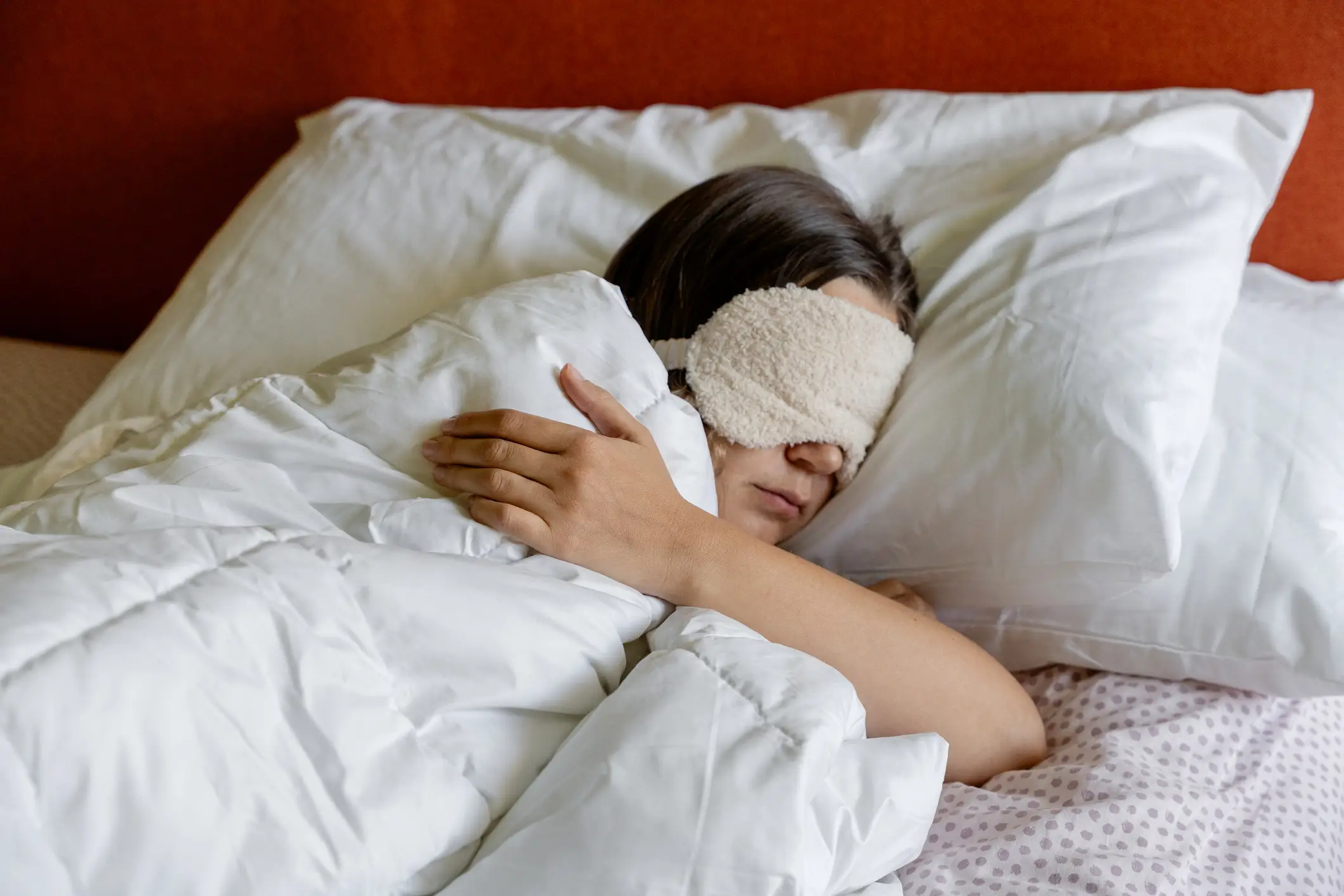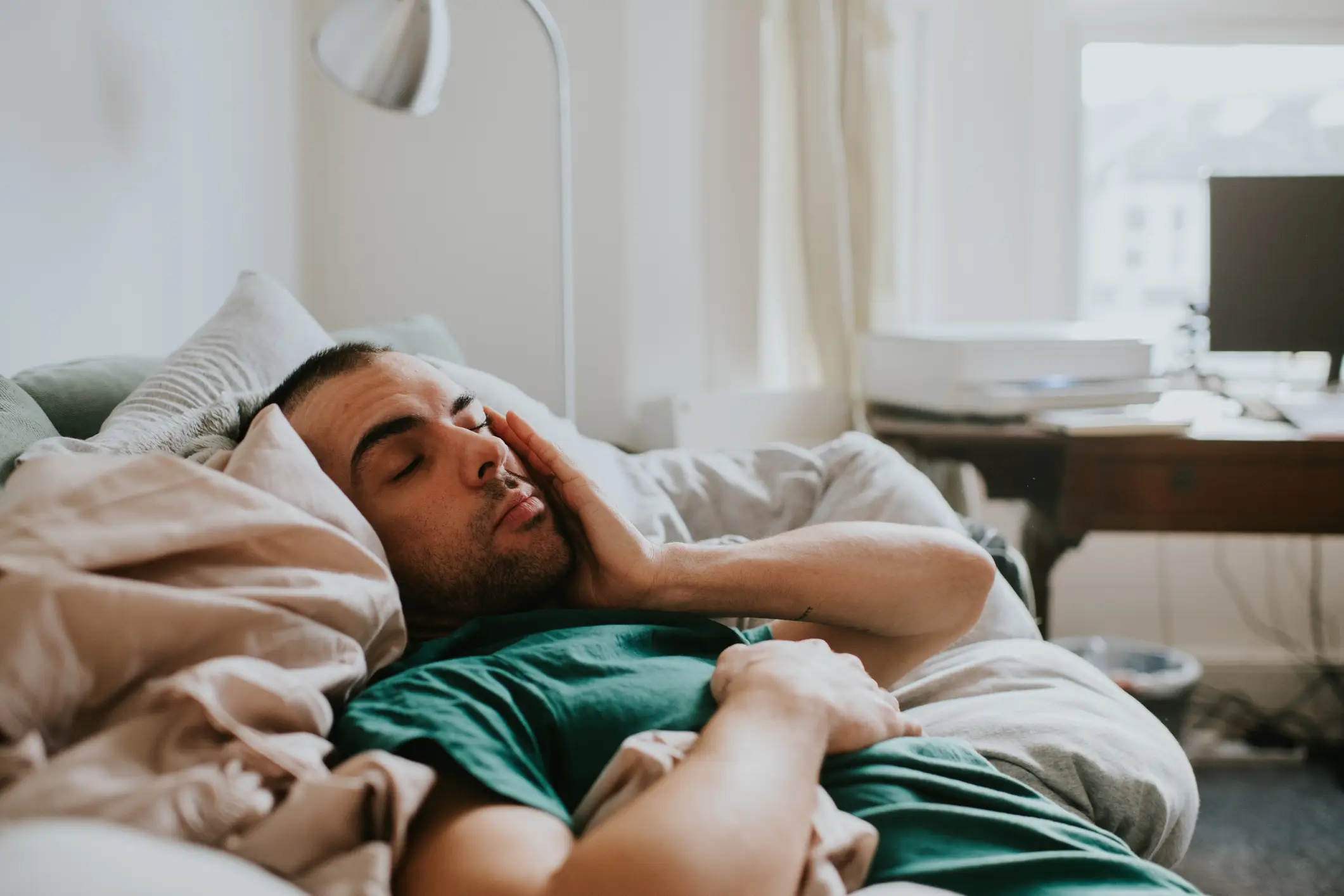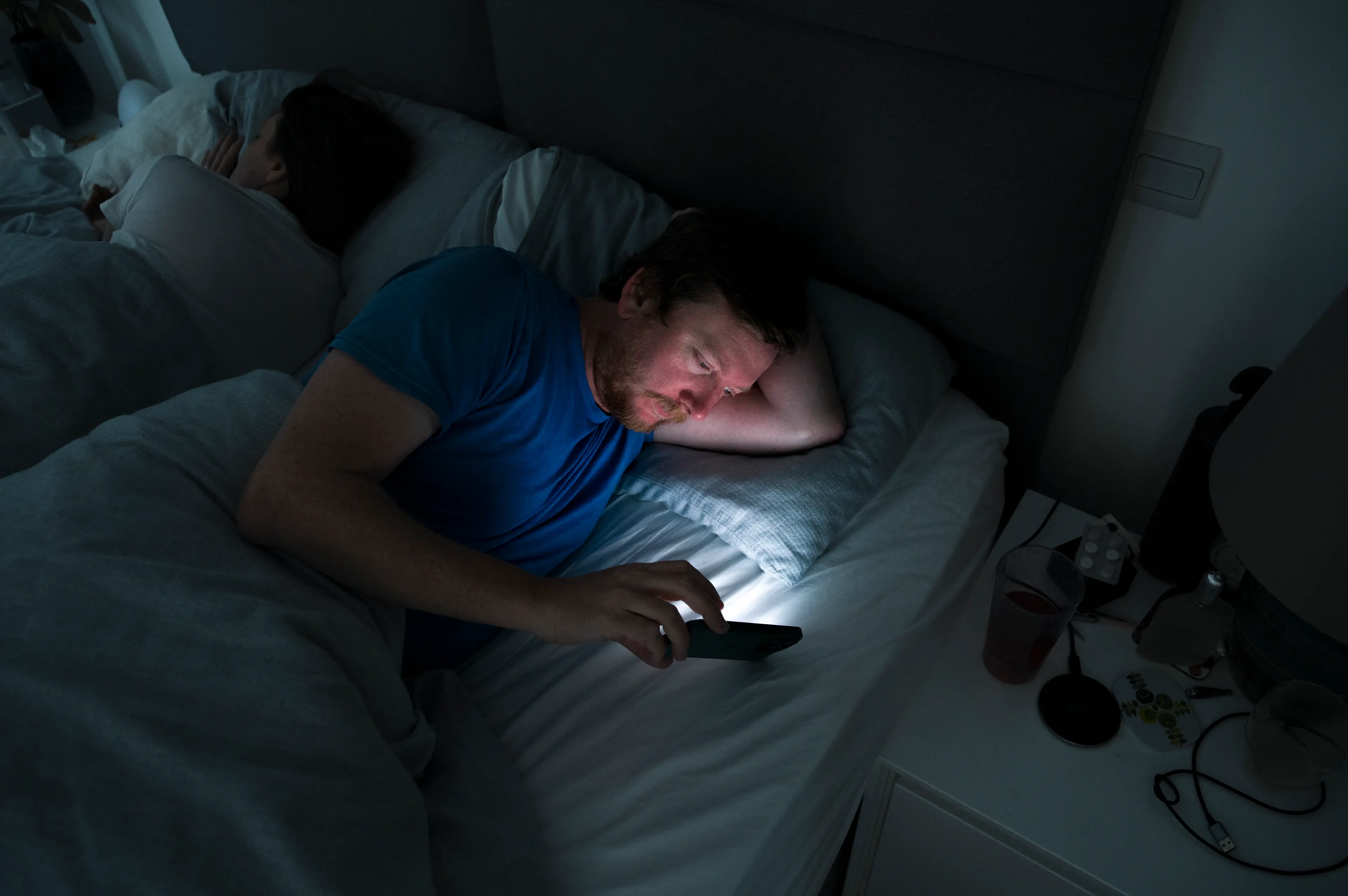
A good night's sleep is essential for healthy and happy days of your life, but you already knew this.
With the Olympics on it's vial for athletes to get a good night's sleep as well, you wouldn't expect Alex Yee to surge into first place in the triathlon if he's barely managing to stay awake after a horrible night's sleep.
Every four years the world's best athletes have to push themselves to new heights and you can't expect them to do it while feeling terribly drowsy.
Advert
It's a bit of a problem that for Paris 2024 a lot of the athletes have been complaining about the beds.
While they're sturdier than their cardboard construction would suggest, some athletes have slammed them as uncomfortable and ended up having back pain from sleeping on them.
A proper night's sleep is crucial, and sleep scientist Dr Luke Gupta has come up with five steps of a 'sleep MOT' for you to put yourself through.
According to Stylist, the doc is an Olympic sleep expert at the UK Sports Institute and is working with Dreams, Team GB and Paralympics GB's official sleep partner, to impart some advice.

Define what it means to have 'good' sleep
According to the sleep scientist, step one in your 'sleep MOT' is to work out what you mean when you think about a good night's sleep.
The doc suggests that you think about how you've been sleeping over the past month or so and figure out the patterns that might be presenting themselves.
You want to have good sleep? First off figure out what that looks like.
Look at things that are part of your bedtime which you think help you have a better sleep and the stuff that's making it worse.
Dr Gupta then recommended that you write down your realistic expectation of a 'good' sleep.
Work out 'sleep vulnerabilities'
Now you have an idea of your goal it's time to figure out what's getting in your way of being there.
Dr Gupta said: "You want to think about your nightly routines, including bedtime habits, environment and stress levels.
"Note recurring disturbances like caffeine intake and consider emotional factors such as anxiety or mood changes.
"By pinpointing patterns and triggers, you can then develop strategies to address these vulnerabilities and improve your sleep quality."
That may be easier said than done but the first step to solving a problem is identifying there is one in the first place.

Recognise what your day does to sleep
Think about last night's sleep and try to work out whether it was good or bad.
Then think about stuff that happened during the day which might have impacted that sleep and consider whether there's a link between the events of your waking hours and the quality of your time spent in the land of nod.
Once again the doc suggests you 'note down any key learnings' as you recognise that factors which impact your sleep come from all over the place.

Think beyond time
Somewhere between seven and nine hours of sleep is meant to be the ideal but there's a question of quality over quantity.
You could get your head on the pillow for the regulation eight hours a night but there's more to getting a good sleep than how much time you spend dozing.
Dr Gupta explained that even if you're 'sleeping for 10 hours' it doesn't mean much 'if you wake up feeling unrefreshed'.
The alternative might be you panicking about the time you're spending asleep while you're not feeling the beneficial effects.

Make a nice place to sleep
Last but certainly not least, the Olympic sleep expert made sure to mention that where you rest your weary head is very important too.
He said there was 'no perfect sleep environment' that would benefit everyone, so it was about figuring out the sort of space you personally would feel most comfortable in and building on that.
Everything from the bed itself to lighting, noise and temperature all combined to make for a considerably better night's sleep.
Run through the whole list and you might just find yourself having a sleep fit for an Olympian.
Dreams is the sponsor and Official Sleep Partner of Team GB and ParalympicsGB.